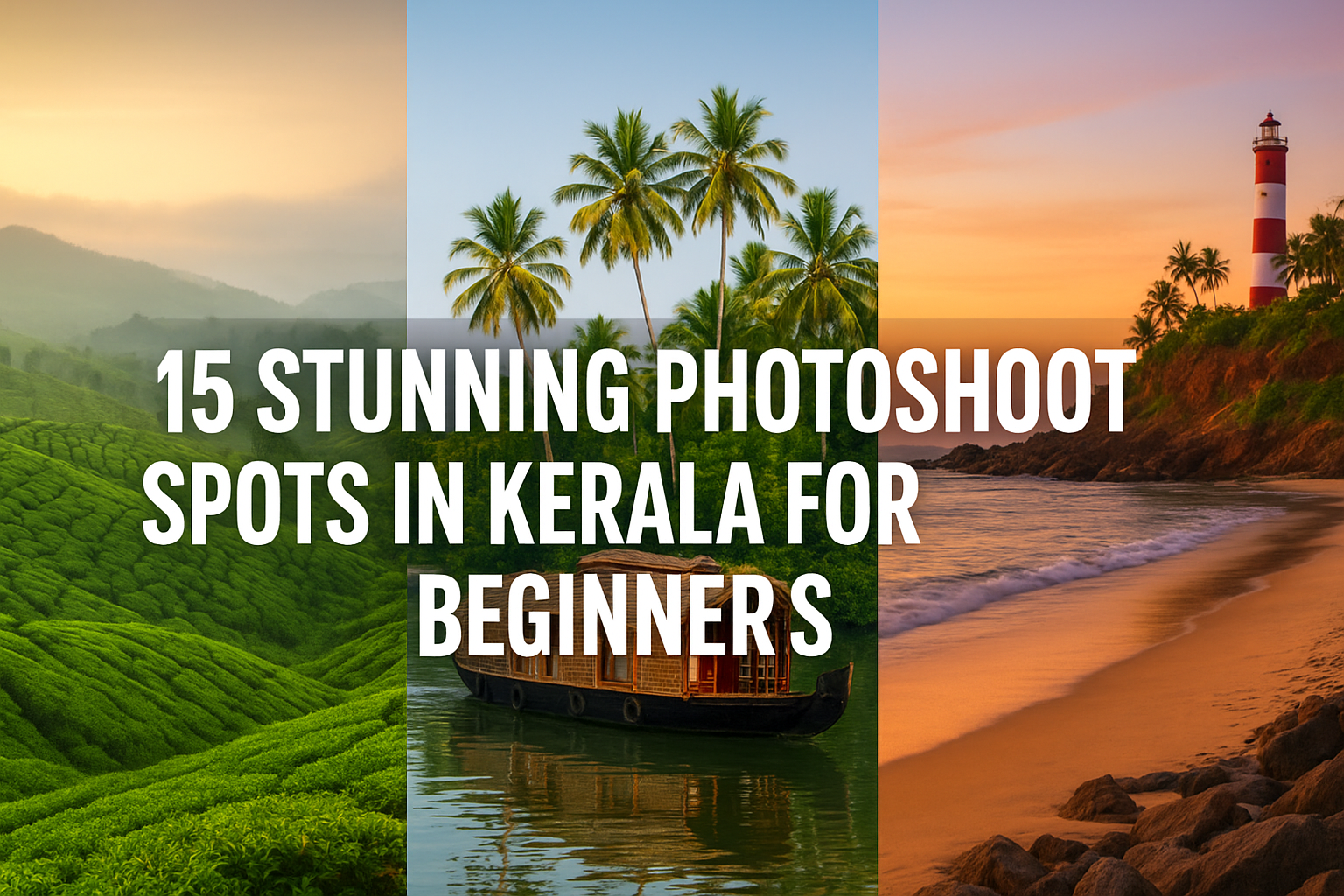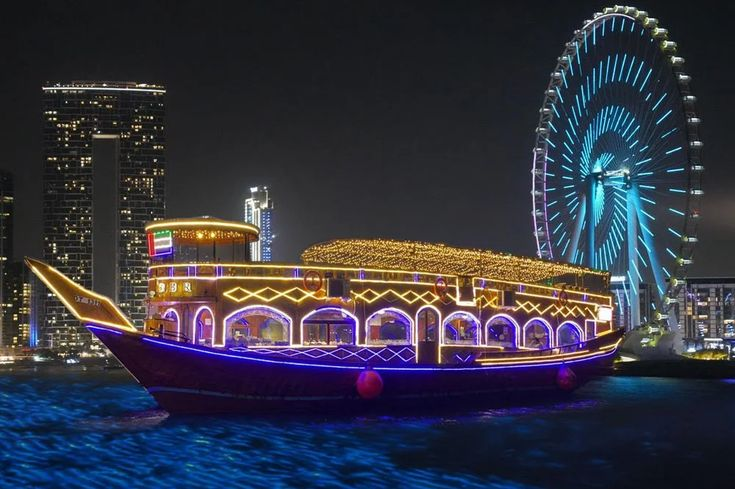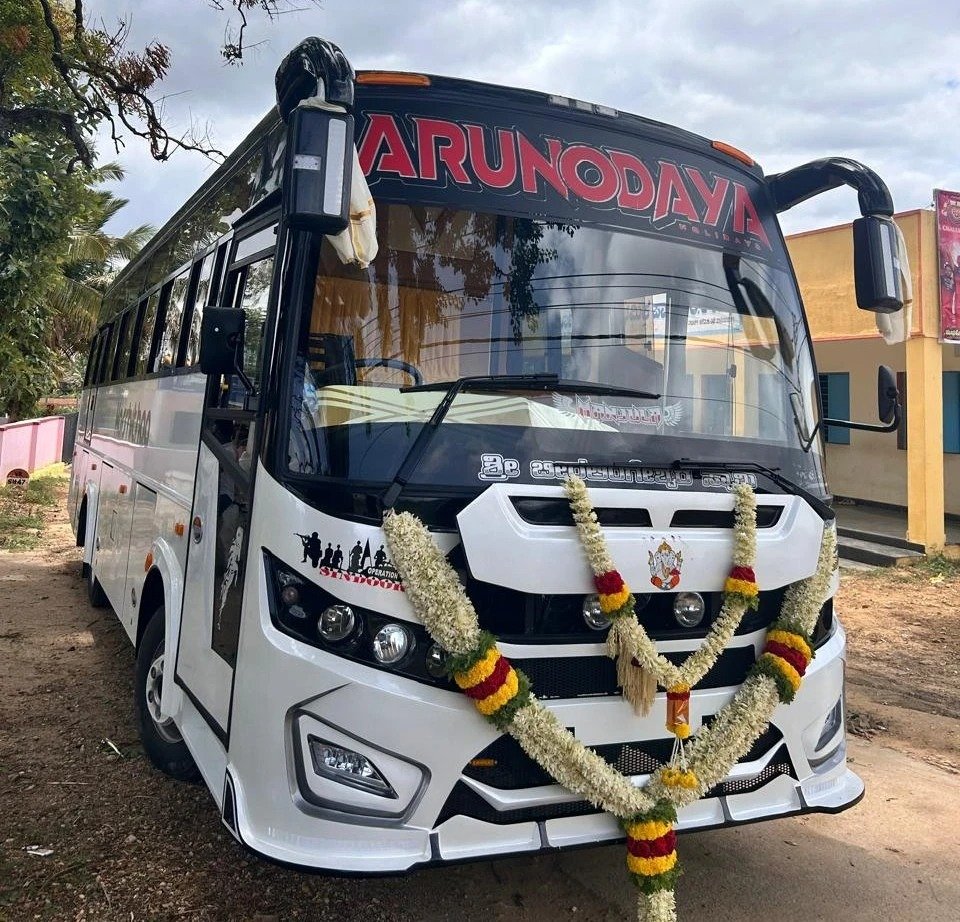Introduction
South India, with its rich tapestry of history, culture, and architectural marvels, offers a treasure trove for heritage enthusiasts. Immersive heritage tours in this region provide a deep dive into centuries-old traditions, stunning temples, and vibrant local cultures. From ancient temples to colonial forts, South India is a living museum of diverse histories and cultures. If you’re planning to embark on such a journey, this guide will prepare you for what to expect and help you make the most of your heritage tour.
1. Explore Timeless Temples and Architectural Wonders
South India is renowned for its grand temples and architectural masterpieces. An immersive heritage tour will take you through some of the most significant temples and structures in the region.
Key Highlights:
- Brihadeeswarar Temple: Located in Thanjavur, this UNESCO World Heritage Site is an exemplary piece of Chola architecture. Its massive dome and intricate carvings are awe-inspiring.
- Meenakshi Temple: Situated in Madurai, this temple is famous for its stunning gopurams (gateway towers) and vibrant sculptures that depict various deities and mythological scenes.
- Hampi Ruins: Explore the sprawling ruins of the Vijayanagara Empire in Hampi, known for its beautifully carved temples, palaces, and market streets.
Frequently Asked Questions:
- What should I wear when visiting temples? Modest clothing is recommended. Women should cover their shoulders and knees, and men should avoid wearing shorts.
- Are guides available? Yes, most heritage tours include knowledgeable guides who can provide historical context and cultural insights.
2. Immerse Yourself in Colonial History and Architecture
South India’s colonial past has left an indelible mark on its architecture and urban landscapes. Discover the blend of Indian and European influences in cities like Chennai, Kochi, and Bangalore.
Key Highlights:
- Fort St. George: Located in Chennai, this fort is the first British establishment in India and houses the St. Mary’s Church, which is the oldest Anglican church in India.
- Mattancherry Palace: In Kochi, this Dutch palace features beautiful murals and artifacts from the colonial era.
- Bangalore’s British Legacy: Explore landmarks such as the Bangalore Palace and the Vidhana Soudha, which reflect the city’s colonial past and modern governance.
Frequently Asked Questions:
- What are the must-see colonial buildings? Key sites include the Fort St. George, Mattancherry Palace, and various colonial-era churches and administrative buildings.
- Is it possible to visit these sites independently? While some sites can be explored on your own, guided tours often provide more detailed historical narratives and access to restricted areas.
3. Experience Vibrant Cultural Traditions
South India’s heritage tours offer more than just historical sites; they provide a chance to experience the region’s vibrant cultural traditions and festivals.
Key Highlights:
- Traditional Dance and Music: Attend performances of classical dance forms like Bharatanatyam and Kathakali, and enjoy traditional Carnatic music concerts.
- Festivals and Fairs: Depending on the timing of your visit, you might witness festivals such as Pongal, Onam, or the Thrissur Pooram, which showcase colorful processions and local customs.
- Crafts and Artisans: Visit local workshops to see artisans creating traditional crafts like silk weaving, pottery, and bronze casting.
Frequently Asked Questions:
- When is the best time to experience cultural festivals? Research local festivals and plan your visit around them for an authentic cultural experience.
- Are there opportunities to participate in cultural activities? Some tours offer workshops where you can learn traditional arts and crafts.
4. Discover Local Cuisine and Culinary Traditions
A heritage tour in South India would be incomplete without indulging in its rich culinary traditions. Each region has its unique flavors and dishes that reflect its history and culture.
Key Highlights:
- South Indian Delicacies: Try dishes such as dosa, idli, sambar, and biryani. Each meal is an exploration of the region’s diverse ingredients and cooking methods.
- Food Tours: Many heritage tours include guided food experiences where you can sample local street food, visit spice markets, and learn about traditional cooking techniques.
- Tea and Coffee Estates: Visit plantations in Munnar or Coorg to learn about tea and coffee production and enjoy fresh brews.
Frequently Asked Questions:
- What dietary accommodations are available? Most tours can accommodate dietary restrictions if notified in advance.
- Are food tours included in heritage packages? Many tours include food experiences, but it’s best to confirm with your tour operator.
5. Stay in Heritage Hotels and Havelis
To truly immerse yourself in the heritage experience, consider staying in heritage hotels or havelis that reflect the architectural grandeur of bygone eras.
Key Highlights:
- Restored Palaces and Mansions: Enjoy luxurious stays in restored royal palaces or colonial-era mansions that offer a glimpse into the opulent lifestyles of the past.
- Authentic Ambiance: These accommodations provide an authentic ambiance with period furnishings, traditional decor, and exceptional hospitality.
Frequently Asked Questions:
- Are heritage hotels more expensive? While they can be pricier than standard hotels, the unique experience and historical charm often justify the cost.
- How do I book a stay in a heritage hotel? Many heritage hotels are available through travel agencies or online booking platforms specializing in heritage travel.
Conclusion
Immersive South India heritage tours offer a rich blend of history, culture, and cuisine, providing travelers with a comprehensive understanding of the region’s diverse heritage. From ancient temples and colonial landmarks to vibrant festivals and local culinary delights, these tours are designed to captivate and educate. By selecting a well-curated heritage tour, you can ensure a memorable and enriching travel experience that goes beyond the ordinary.



